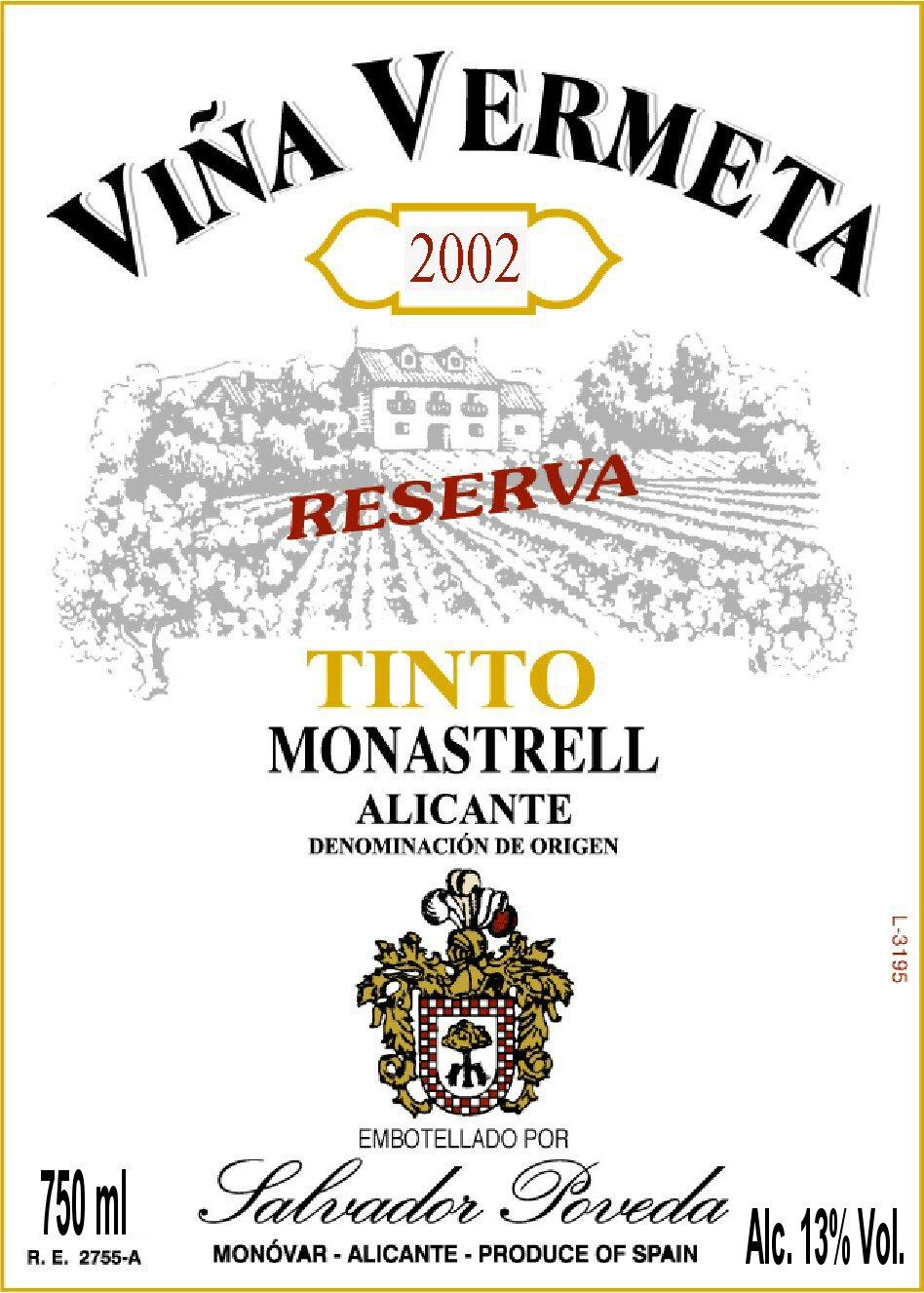2002 Alicante Monastrell
Vina Vermeta Viña Vermeta, a captivating red from the Alicante region, showcases the depth and character of Monastrell grapes harvested in 2002. This full-bodied wine presents a delightful balance of rich fruit intensity, offering notes of dark berries and ripe plums that are both prominent and inviting. With a high acidity level, it delivers a refreshing brightness that enhances the overall tasting experience. The tannins are notably structured yet smooth, providing a firm backbone that supports the wine's complexity. Craftsmanship is evident in each sip, making this vintage a truly memorable choice for enthusiasts seeking a distinguished representation of Monastrell from this renowned winemaking area. Enjoy this wine as a food-friendly companion, perfect for complementing hearty dishes or savoring on its own.
Vina Vermeta Viña Vermeta, a captivating red from the Alicante region, showcases the depth and character of Monastrell grapes harvested in 2002. This full-bodied wine presents a delightful balance of rich fruit intensity, offering notes of dark berries and ripe plums that are both prominent and inviting. With a high acidity level, it delivers a refreshing brightness that enhances the overall tasting experience. The tannins are notably structured yet smooth, providing a firm backbone that supports the wine's complexity. Craftsmanship is evident in each sip, making this vintage a truly memorable choice for enthusiasts seeking a distinguished representation of Monastrell from this renowned winemaking area. Enjoy this wine as a food-friendly companion, perfect for complementing hearty dishes or savoring on its own.




